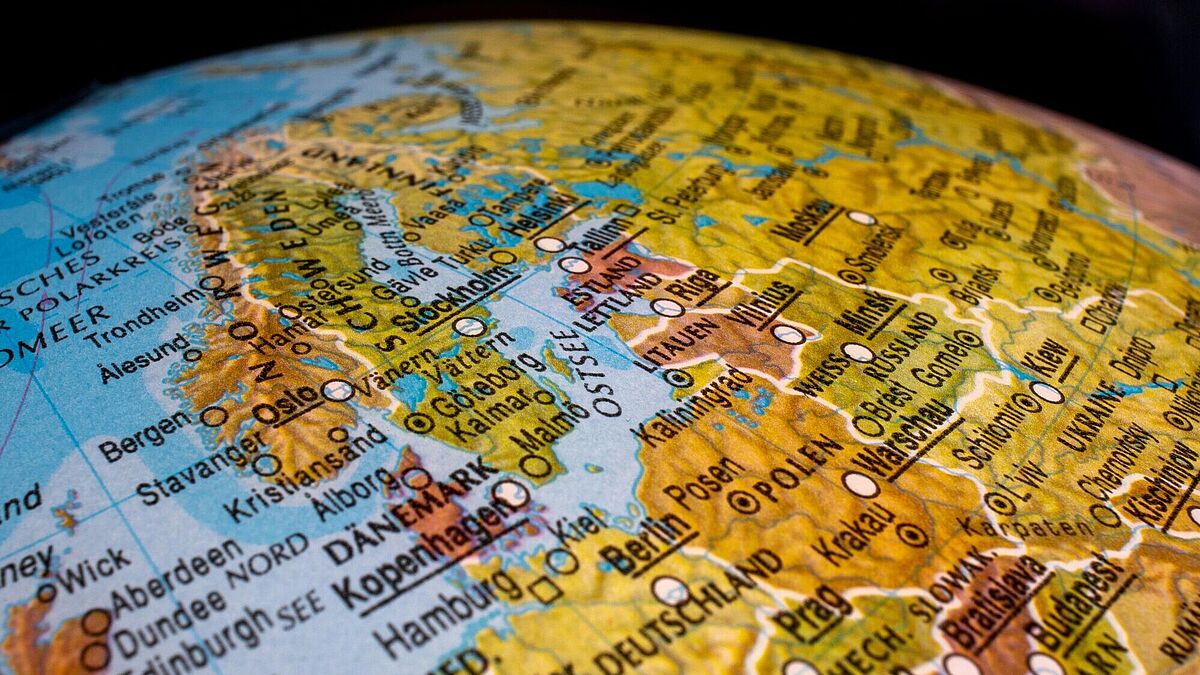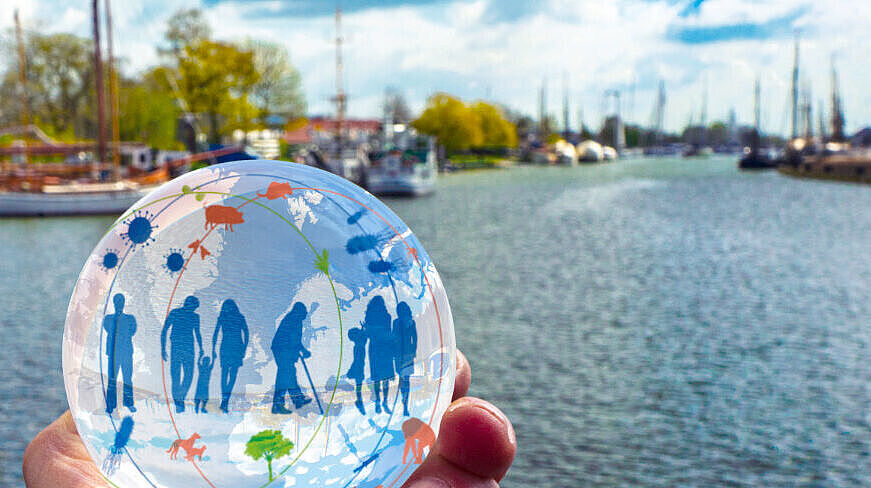Research Domains
“Challenges and solutions of a changing environment and society” is the University of Greifswald’s research mission that it approaches with three interfaculty and interacting research domains. The foundation for these three research domains is provided by 12 well-established interdisciplinary key research topics.
Digitisation, research data management and artificial intelligence form an essential basis for all kinds of future-oriented research and are incorporated to the same extent as increased efforts towards internationalisation, and a research-led teaching approach.
Baltic Sea Region
Greifswald’s interdisciplinary research on the Baltic Sea Region provides a significant contribution within the national and international research environment and sends important impulses for its further development.
At our university, the Baltic Sea Region has been and continues to be investigated in interdisciplinary and international collaboration that considers cultural identities, cultural exchange, historic regions and institutions.
In its Baltic Sea Region research domain, the University collaborates with a large number of institutions at national, euroregional and international levels, including numerous universities. The flagship programmes of this area of specialisation are the DFG-funded Research Training Groups (RTGs) “Kontaktzone Mare Balticum”, “Baltic Borderlands”, and “Baltic Peripeties”. As a result of this longterm groundwork, the University has been able to establish the Research Centre for Manors in the Baltic Sea Region and the Interdisciplinary Centre for Baltic Sea Region Research (IFZO).
One Health
The health of humans, domestic and wild animals, plants and the environment on the whole are closely related and interdependent. The One Health research domain is therefore strongly interdisciplinary. Greifswald stands out with its uniquely broad range and highly complementary expertise, which it showcases on the platform “One Health Research in Greifswald”.
Areas of focus include epidemiology, the molecular basis and combatting of zoonoses, and the investigation and controlling of the spread of antimicrobial resistance.
Further areas of interest concern the effects of environmental pollution, climate change and changing habitats on humans and their behaviour, animals and ecosystems and their development.
The research domain has also set itself the goal of disseminating and transferring its findings to create e.g. a One-Health Region Vorpommern.
Prevention
The aim of medical prevention is to avoid or reduce the occurrence, the spread and negative effects of illnesses or health disorders and thus to maintain health, quality of life and wellbeing through all stages of life.
The University and University Medicine Greifswald have a strong prevention-oriented, life sciences research profile that is reflected in the establishment of three “buildings of national significance”, the C_DAT [de], the C_FunGene [de] and the William B. Kannel Center, as well as participation in three German Centres for Health Research (DZNE, DZHK, DZKJ).
Key achievements in the development of research on medical prevention include collaborative projects such as the Research Training Group "PRO 2719”, the research group "MemoSlap 5429”, the DFG-funded Clinician Scientist Program "Rural_Age", the National Research Data Initiative NFDI4Health, the Medical Informatics Initiative (MII), the University Medicine Network (NUM [de]), the BMBF-funded InkE [de] (Inclusive Excellence) project and the Horizon projects under EUthyroid2.



